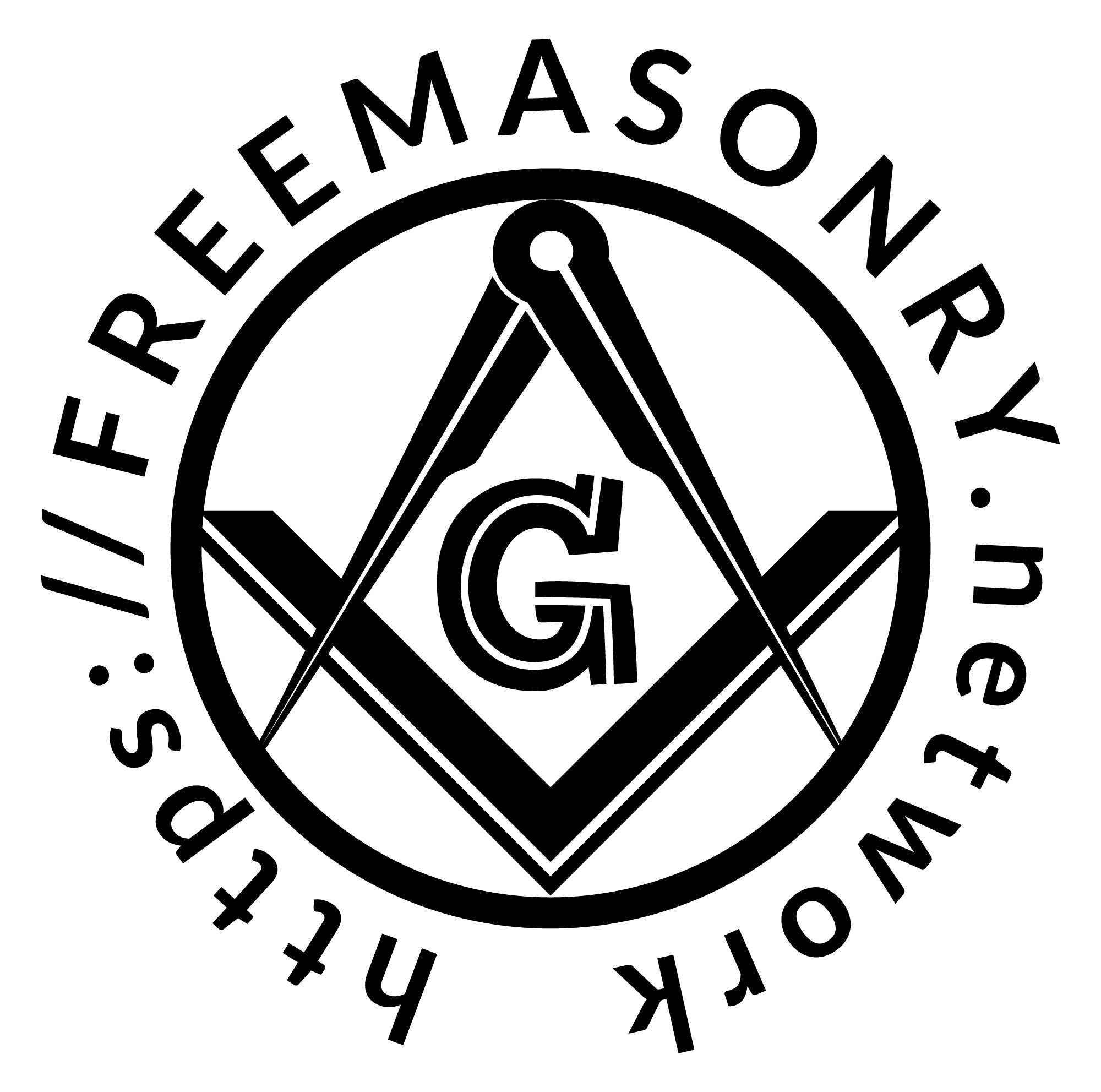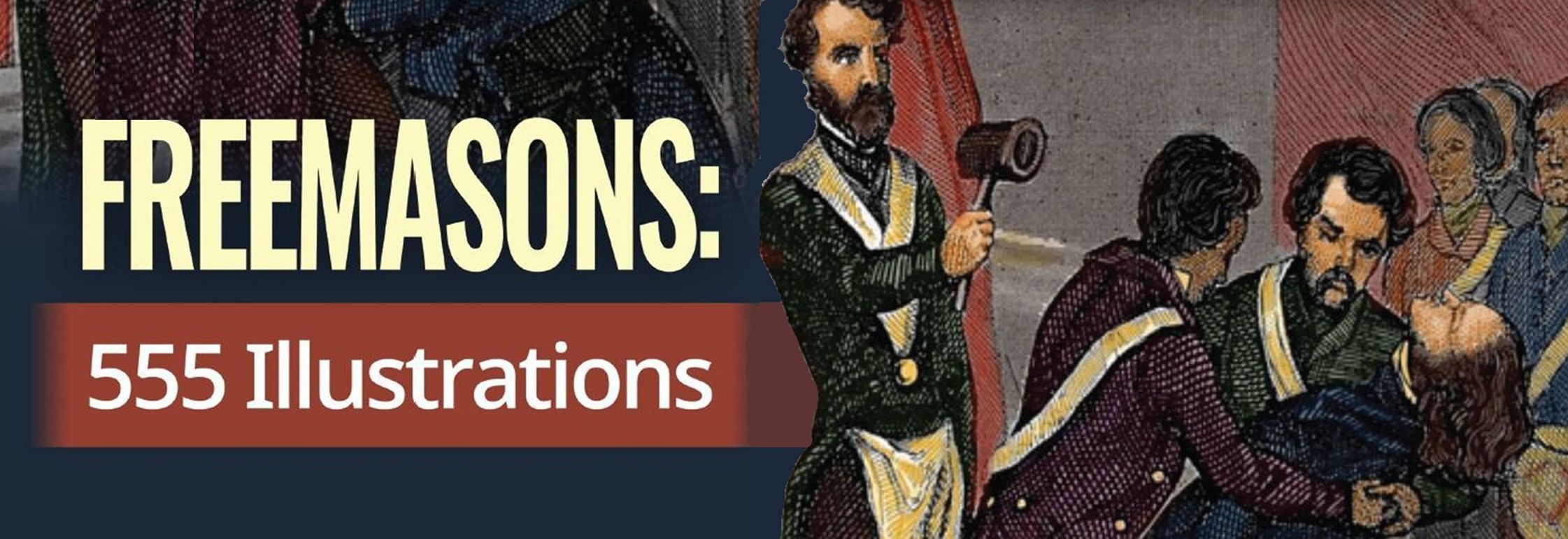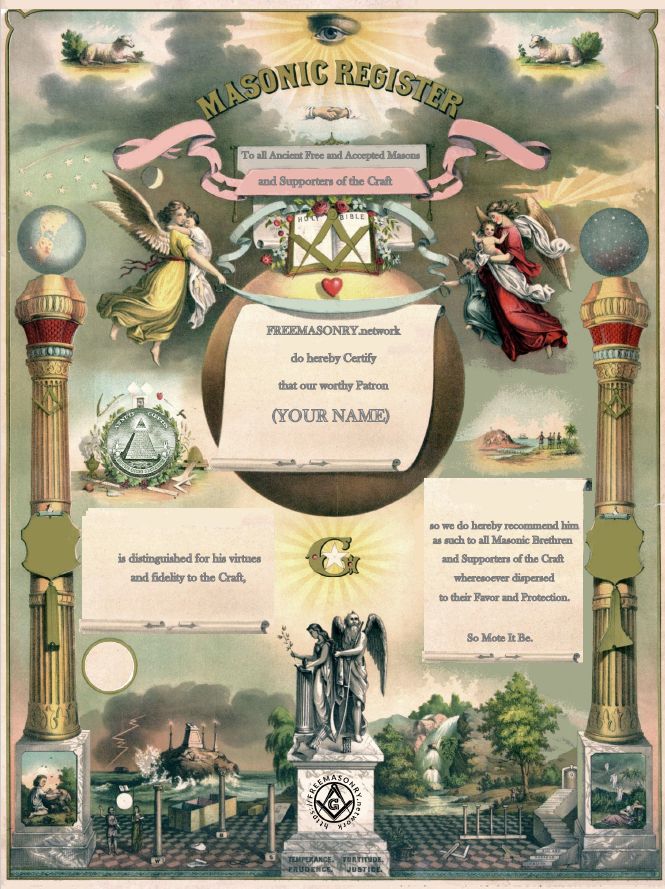Preamble
The Jurisdictions of higher Scottish degrees, gathering at Geneva from 5th to 8th May 2005, for their 18th International Scottish Meeting consider that the time has come to mark a new stage after the Declaration made at Lausanne a hundred and thirty years ago in a different international Masonic surrounding. They nevertheless refer to this founding text, because it allows asserting the everlastingness and universalism of the Masonic principles.
In 1875 the world was dominated by Europe. The 19th Century was moreover characterized by the triumph of the nationalities and the summit of glory of Nation States, fenced in by jealously protected borders. During the same period of time the ideas of the Age of Enlightenment spread over the Continent. Universalism, humanism and progress inspired in some countries fierce opposition on the part of social, political and religious conservatisms, taking firm stand on intransigent positions.
On the eve of the 21st Century, the world has changed. It seems to lack of sense i.e. of intellectual meaning and moral orientation. The partitioning established by the national borders has, to a large extent, made room for new regional entities and for an economic global and worldwide system that too often generates inequality and not a universalism that respects the Human being and its environment.
Doubt and even suspicion have replaced the hope of a better future. The tyranny of an omnipresent “here and now” deprives us of the mental distance required to know the past and consider the future. The reassessment of clericalisms, integrisms and fanaticisms carries with it misunderstanding and violence.
Do we have as Free Masons to forego the attainments and the space of our forebears, the battles of today and the hopes of tomorrow? It would be a serious error. Thus it appeared appropriated to the Jurisdictions, signatories of the present declaration, to elaborate a founding text, witness of a new era and a reference for future joint action.
DECLARATION
1. The Jurisdictions of the higher Scottish degrees Meeting 8th May 6005 at the Zenith of Geneva, reaffirm solemnly and vigorously their adhesion to the fundamental principles of the Order. They deliberated about their contemporary task, about their specificity and the way and frame in which they work on progression through initiation. Two centuries after the founding of the Rite in the tradition of Universal Freemasonry, they stress the respect of human dignity, the acceptance in their structure of all Masons of recognised integrity. They exclude discrimination as well as any prejudice nor distinction of ethnical, political, philosophical or religious nature.
2. Their tradition is based on a Masonic method which is based on a symbolism that is teached and experienced, not imposed but suggested. This symbolism constitutes the common language which enables a joint reflection on human improvement. This reflection overcomes dividing walls, ideological barriers, and doctrinal assumptions and opens a perspective of unlimited research.
3. The A.A.S.R is the worldwide most used rite. It is an initiatory, traditional and universal Masonic teaching of thirty higher degrees. Its founding principles are fraternity, justice and the spirit of Chivalry. (Knighthood?)
4. The Rite is ruled by sovereign and independent Jurisdictions that govern the degrees beyond the initiatory symbolical one of Master Mason.
5. The Rite adds to its international size the universal value of its principles based on a Humanism focusing on the Human being, its spiritual thinking and its action. Practicing the Rite helps as well to establish links among different cultures and civilizations.
6. The Rite opposing to any dogma or any constraining ideology, asserts the need of freedom of conscience as the basic requirement to develop a free spirituality accessed by ongoing research for truth.
7. The Rite relies on its principle of progressive improvement of the Mason, on the quest of knowledge of oneself by the initiatory method, added to the willingness to work constantly for the happiness of Mankind and its intellectual and moral emancipation.














